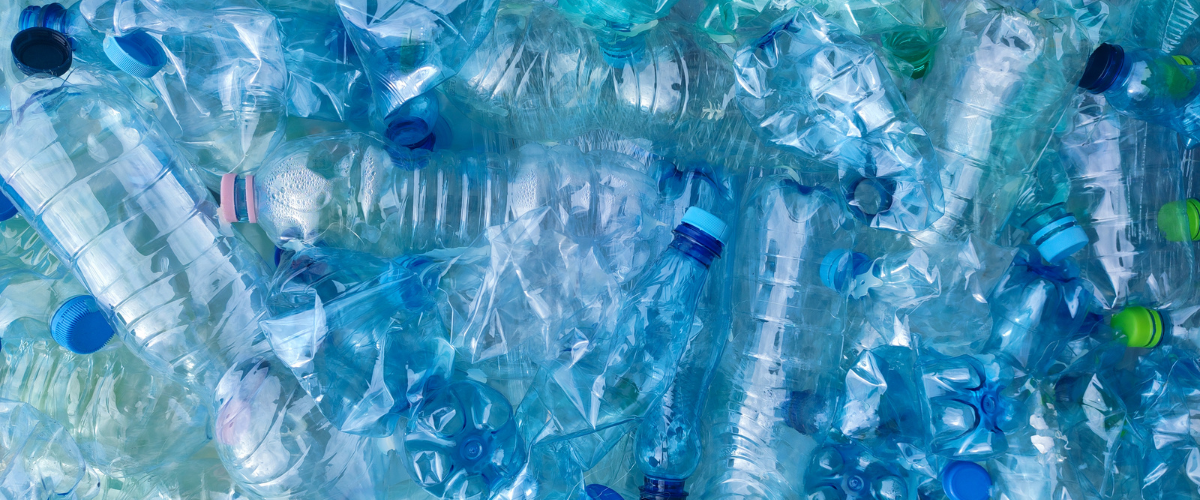Coalition of subnational governments to end plastic pollution

The governments of Catalonia, Quebec, Regions4, along with some networks of local governments, have promoted the Coalition of Local and Subnational Governments to end plastic pollution.
This coalition has emerged within the framework of the meetings of the Intergovernmental Negotiating Committee (INC) to develop a legally binding international instrument on plastic pollution, including marine environments (Plastic Pollution INC). It will be presented during the Fourth Negotiating Session of the Treaty (INC 4) to be held from April 22nd to 30th, 2024, in Ottawa, Canada.
Plastic pollution, which primarily ends up in the oceans, has become one of the biggest global environmental problems in recent times. An average of 8 million tons of plastic are dumped into the oceans each year, which is equivalent to emptying a garbage truck full of plastics every minute. By 2025, our oceans will have 1 ton of plastic for every 3 tons of fish. If this trend continues, by 2050 there will be more plastic in the oceans than fish.
The United Nations calls for an immediate reduction in plastics, urging a transformation across the entire value chain. This indicates the need to strengthen investments in much more comprehensive and effective monitoring systems to identify the sources, scale, and destination of plastic, as well as the development of a risk framework, which is currently lacking globally.
The objective of the subnational coalition is to have an ambitious, legally binding international instrument in which regional governments play a role. The promoters of the coalition advocate for minimizing, and where possible banning, the production and use of problematic plastics that are avoidable and most harmful to human health and the environment. They are particularly convinced of banning single-use plastic products, a practice that some island governments, like the Balearic Islands, adopted several years ago.
The underlying philosophy is, in any case, to ensure the adoption, implementation, and use of systems that promote circularity and a circular economy in a way that protects the environment and human health. The treaty should include requirements on the design and content of products to ensure that all products can be properly segregated, collected, reused, repaired, and recycled without impacting human health and the environment. Standards and requirements for all operations should also be established.
The ultimate goal is for regional governments to participate, with increasing autonomy, in international decisions that will ultimately be implemented. In order to raise awareness of the initiative and encourage more governments to join the proposal, it is being disseminated through various channels, and the promoters invite members of ORU Fogar to join the initiative.
Attached is the Coalition's Declaration, available in English, French, and Spanish versions.
Regional governments interested in joining the Coalition can notify the Secretariat of ORU Fogar at This email address is being protected from spambots. You need JavaScript enabled to view it.










































































